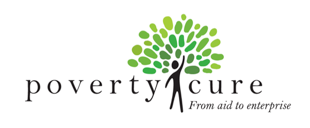How you view the human person dictates how you view everything else, including theology, economics, politics, and... poverty. If we get our anthropology wrong, we will prescribe the wrong solutions and engage in unhelpful action. We must view the human person properly; for when we view people as made in the image of God with creative capacity, it changes absolutely everything about how we approach charity, missions, and development.
Get the Series
Subsidiarity
The principle of subsidiarity holds that social and economic problems should be solved by those closest to them whenever possible (i.e., the family, the church and neighborhood, the community), making temporary recourse to more distant levels of assistance only when necessary and with deep awareness of the dangers of institutionalizing detached and distant forms of bureaucratic assistance. The complementary principle of solidarity—which emphasizes the inherently social nature of the human person and humanity’s common bond as creatures made i…


Imago Dei
The idea that all humans are “created equal” would have struck most peoples of the ancient world as ludicrous, since humans are obviously not equal in wealth, rank or natural abilities. Aristotle merely summarized conventional wisdom when he asserted that some are fitted to serve as slaves while others are born with the natural capacity and authority to rule. As sociologist and historian Rodney Stark notes, the institution of slavery was universal for most of human history.
The idea of human equality, however, received a foothold in…
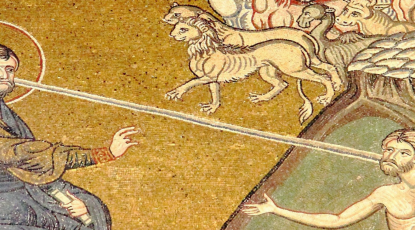

Education
Education in developing countries can help improve life in obvious ways, such as economic growth, political stability and personal health. Unfortunately, developing countries tend to be behind the rest of the world in basic education, especially women’s education. Still, increased education funding is not a silver bullet, and not only because foreign aid for education often gets misdirected by inefficient and corrupt bureaucracies. With education, as with most issues in poverty relief, good intentions need to be yoked to sound economics and…
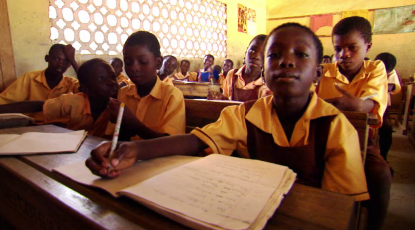

Dignity & Capacity of the Poor
The materially poor are often viewed as inferior in worth and dignity to the materially wealthy. Historically, this has led to neglect, exploitation and enslavement. But a more insidious way that such prejudice manifests itself is when the well-intended view the poor primarily as objects of pity to be saved by gestures of charitable good will. Such a reaction to extreme poverty involves at least a half truth. Our desire to help is rooted in a proper recognition of our human solidarity with those who are suffering. But that sense of solidarit…
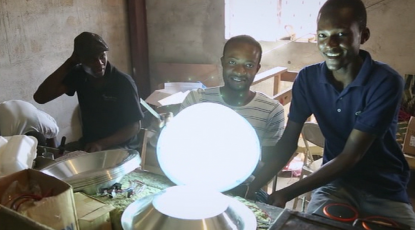

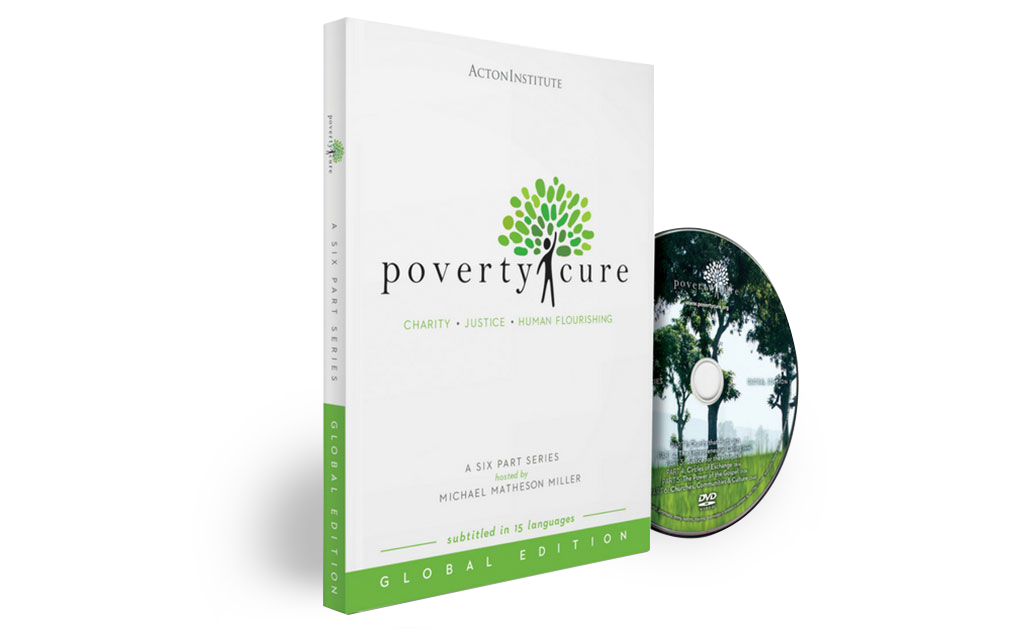
Rethink Poverty
Subtitled in 15 languages, this six part video series that will change absolutely everything about how you approach charity and missions.

